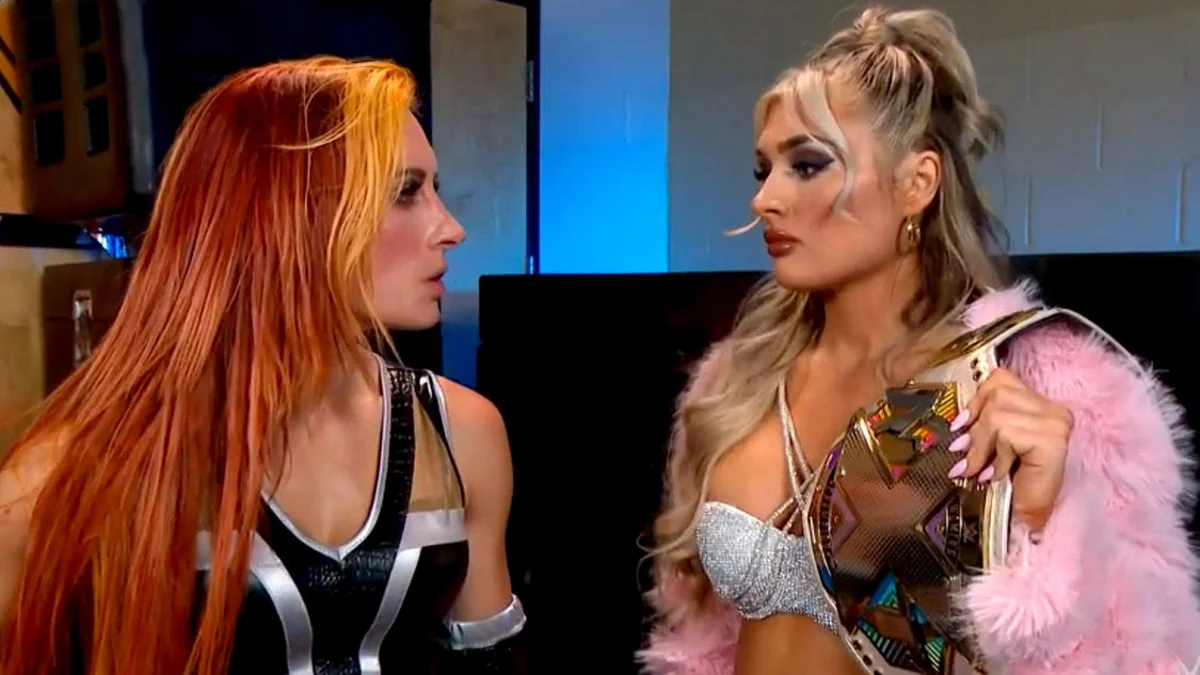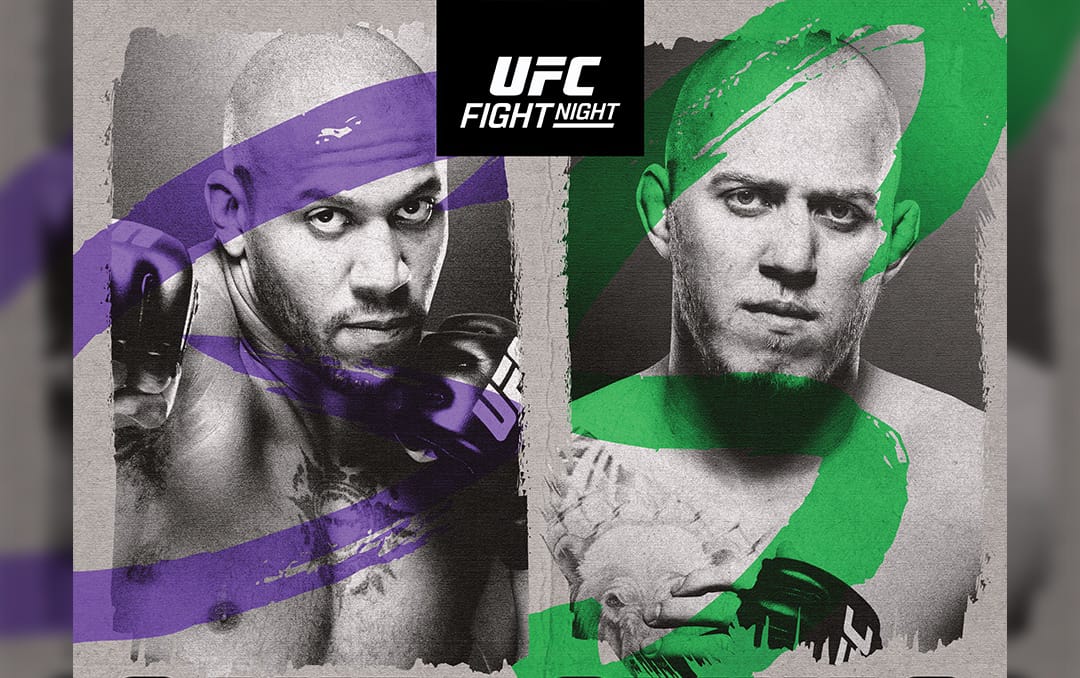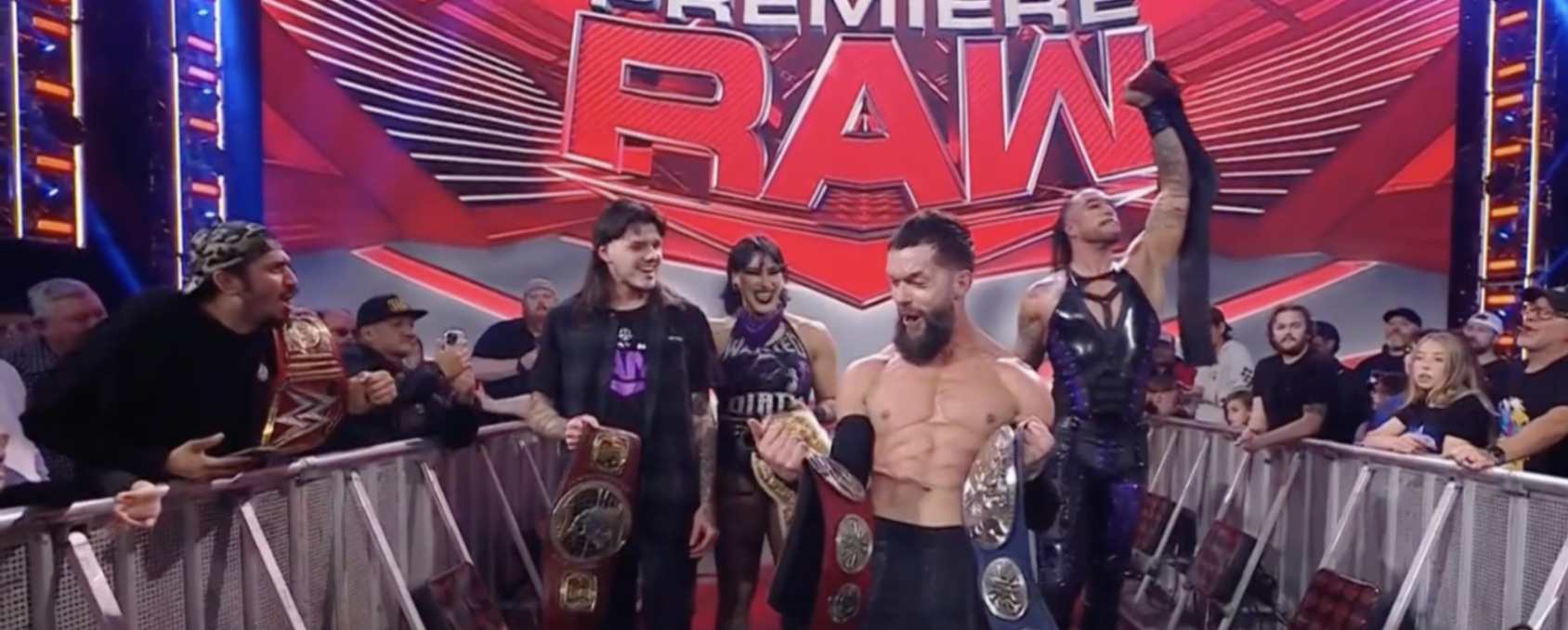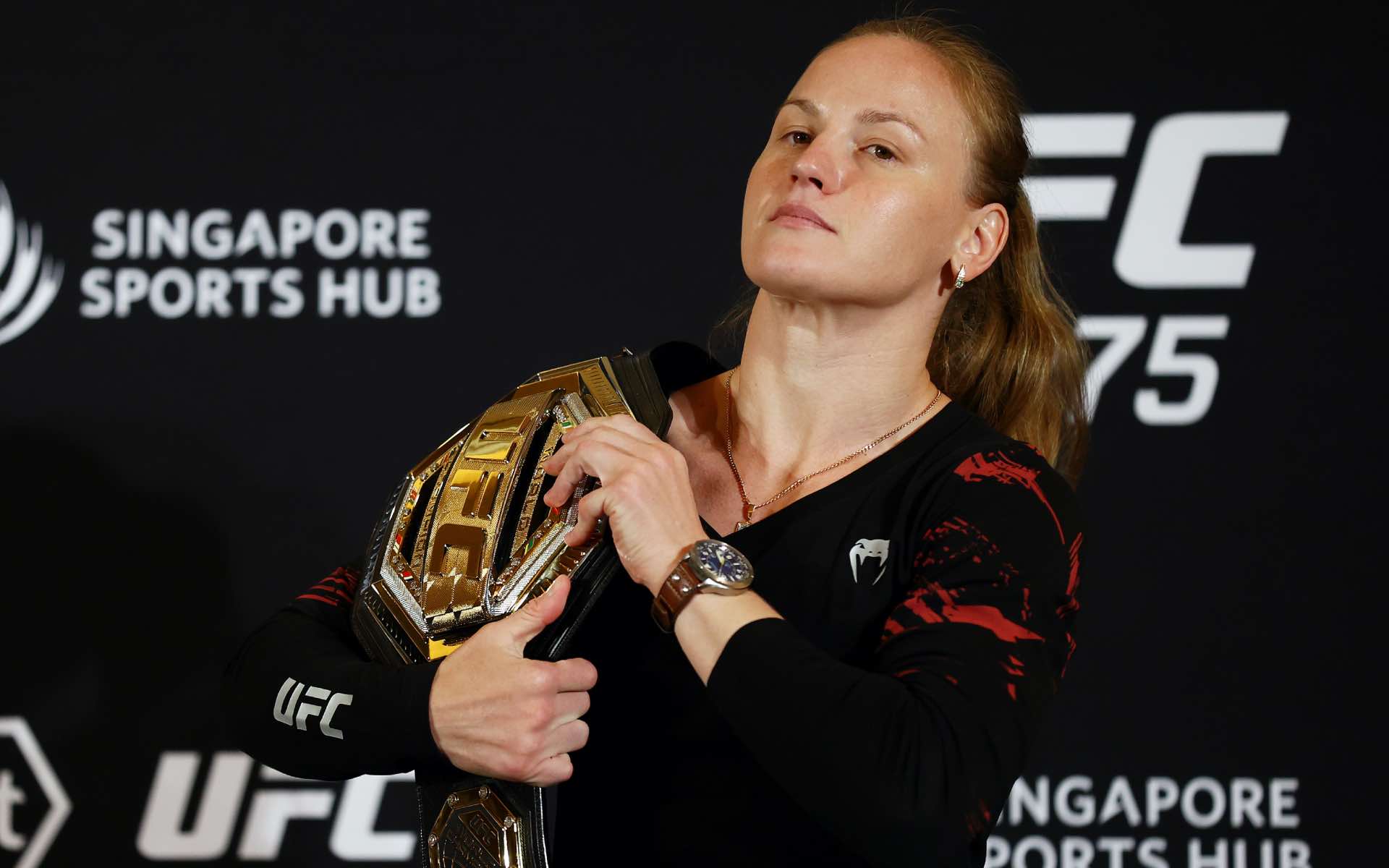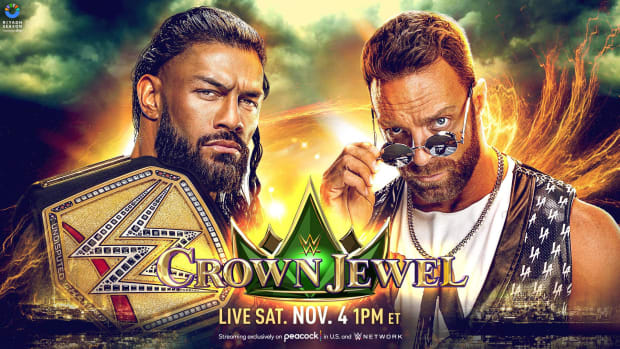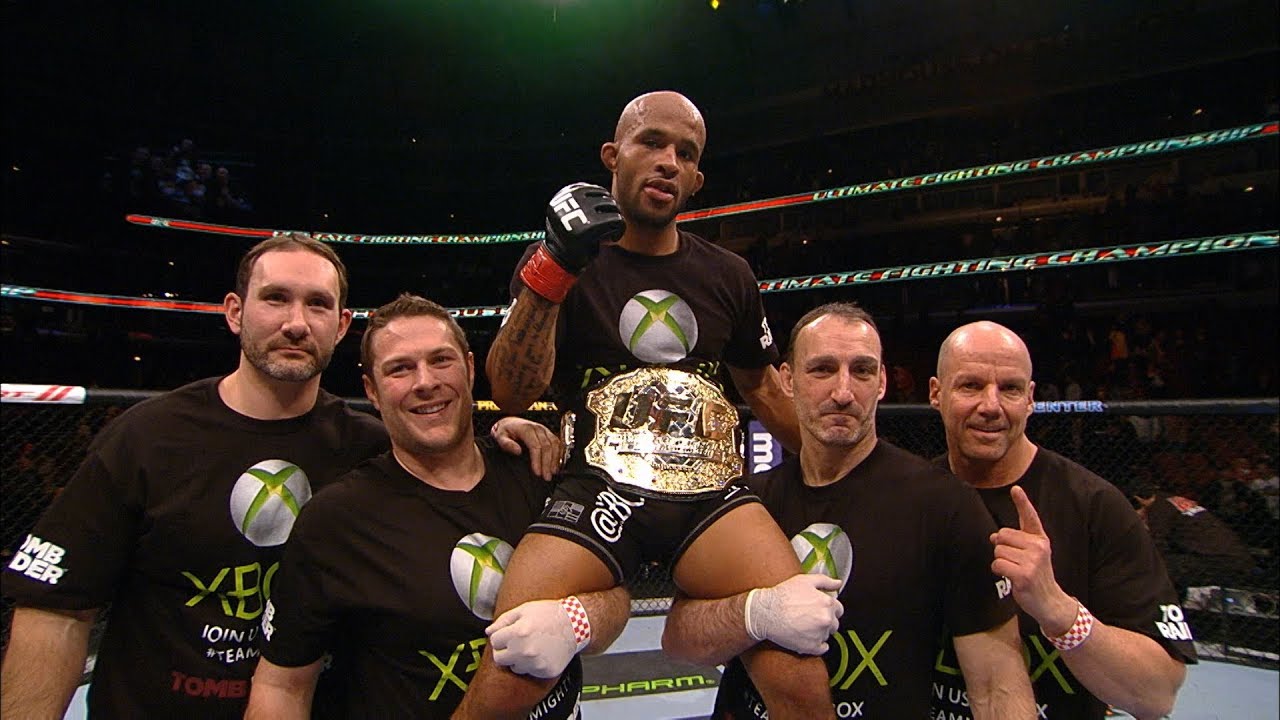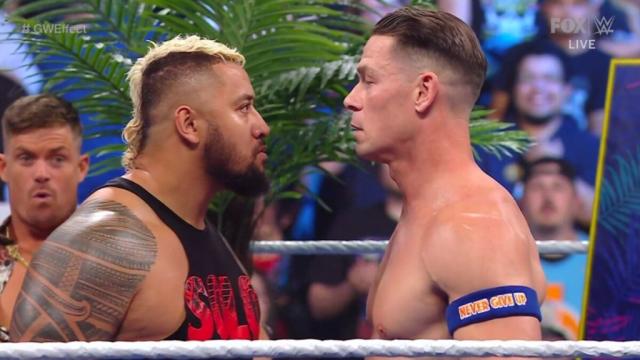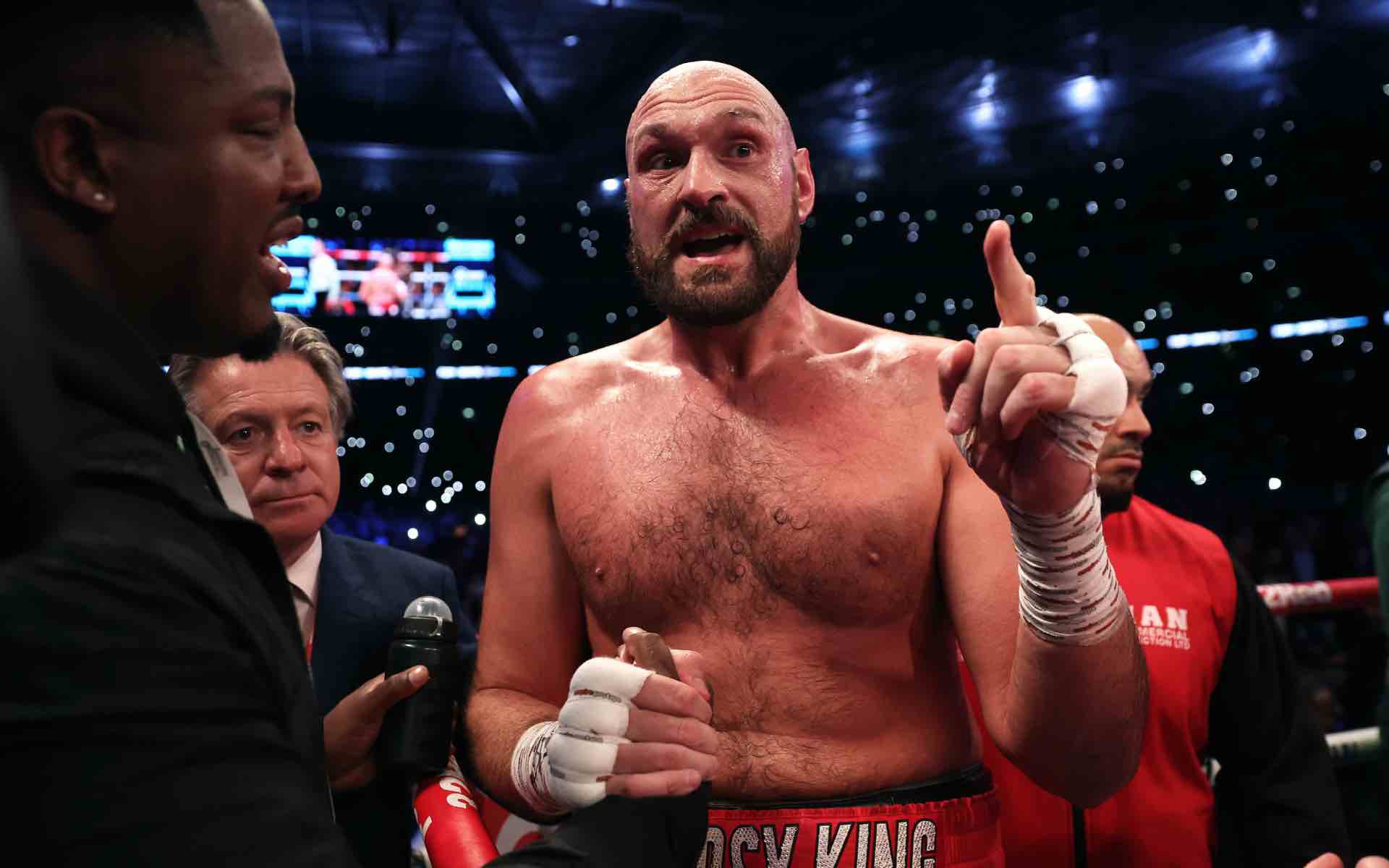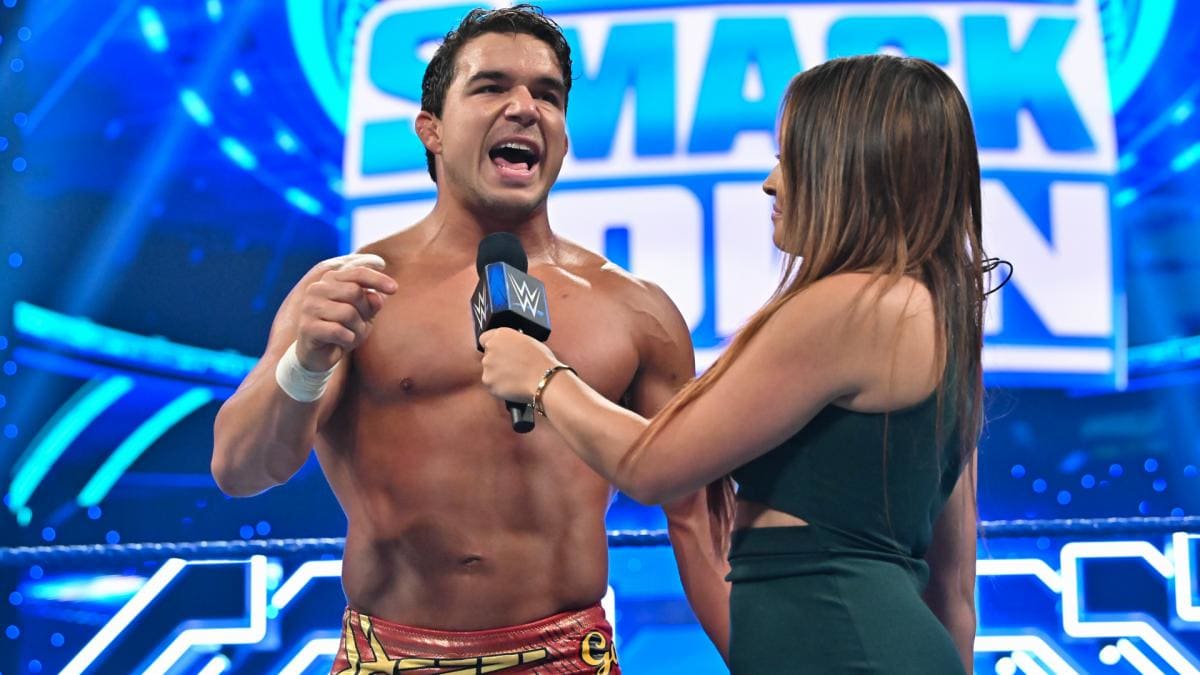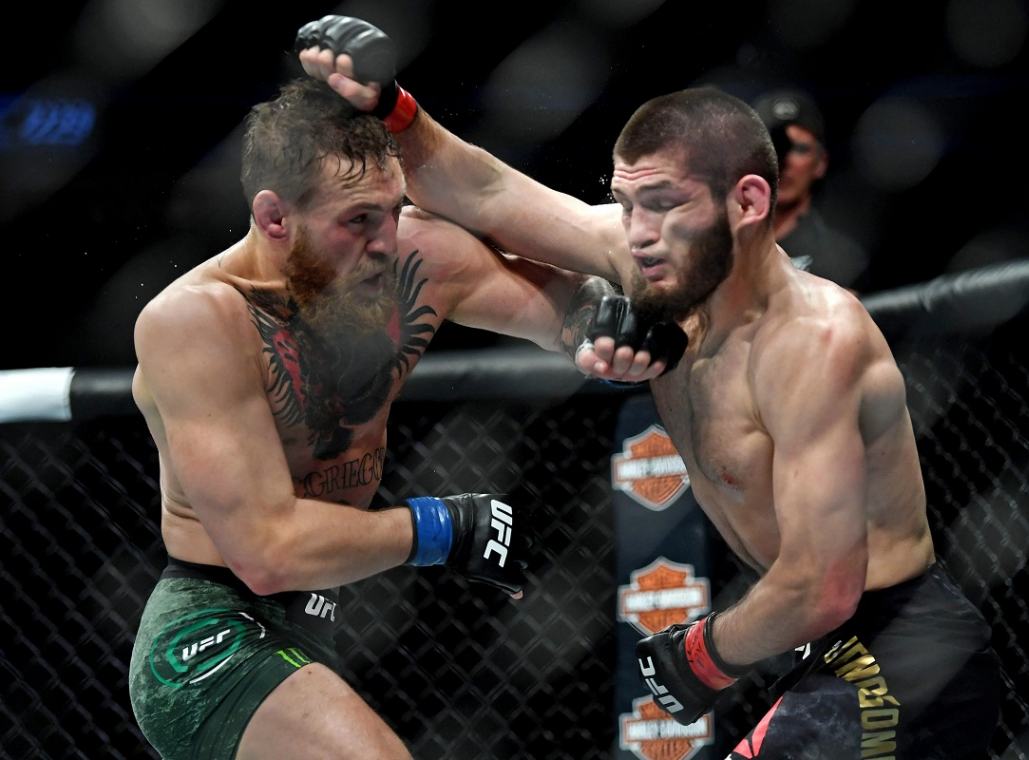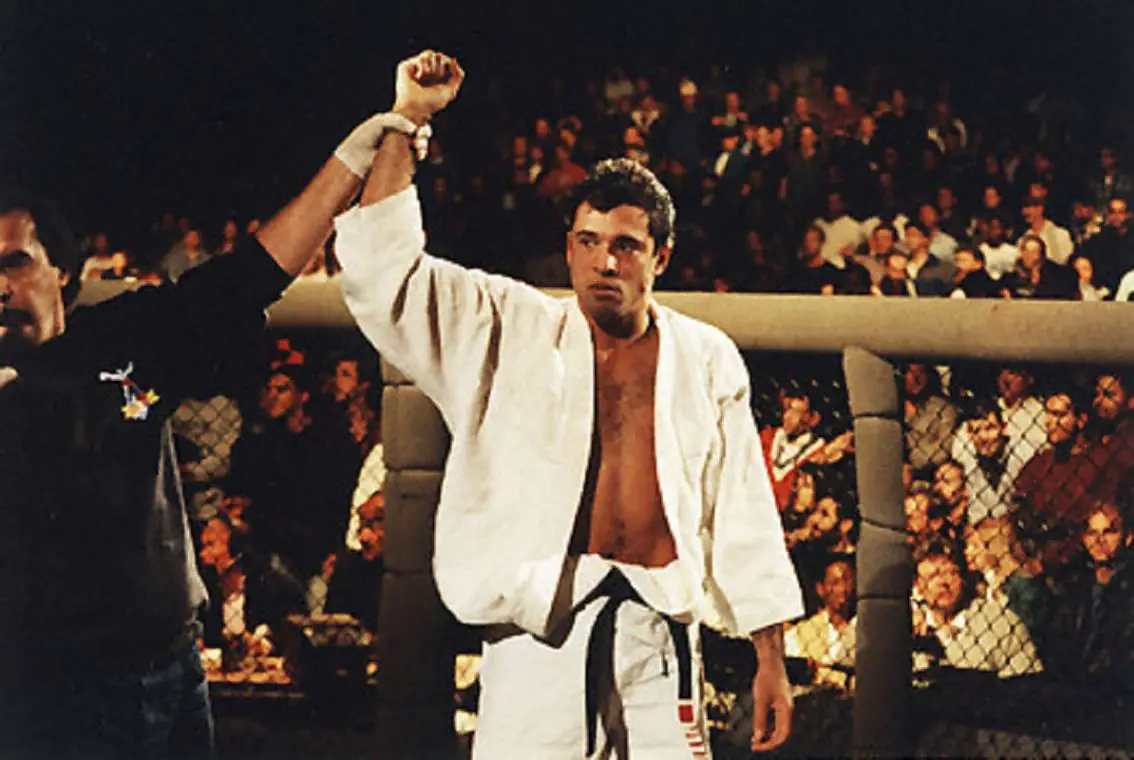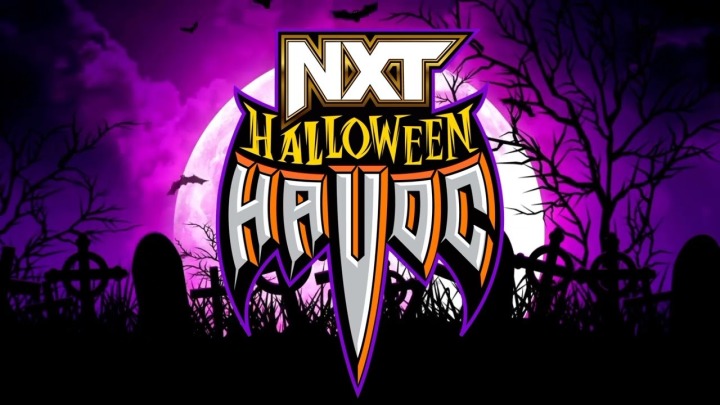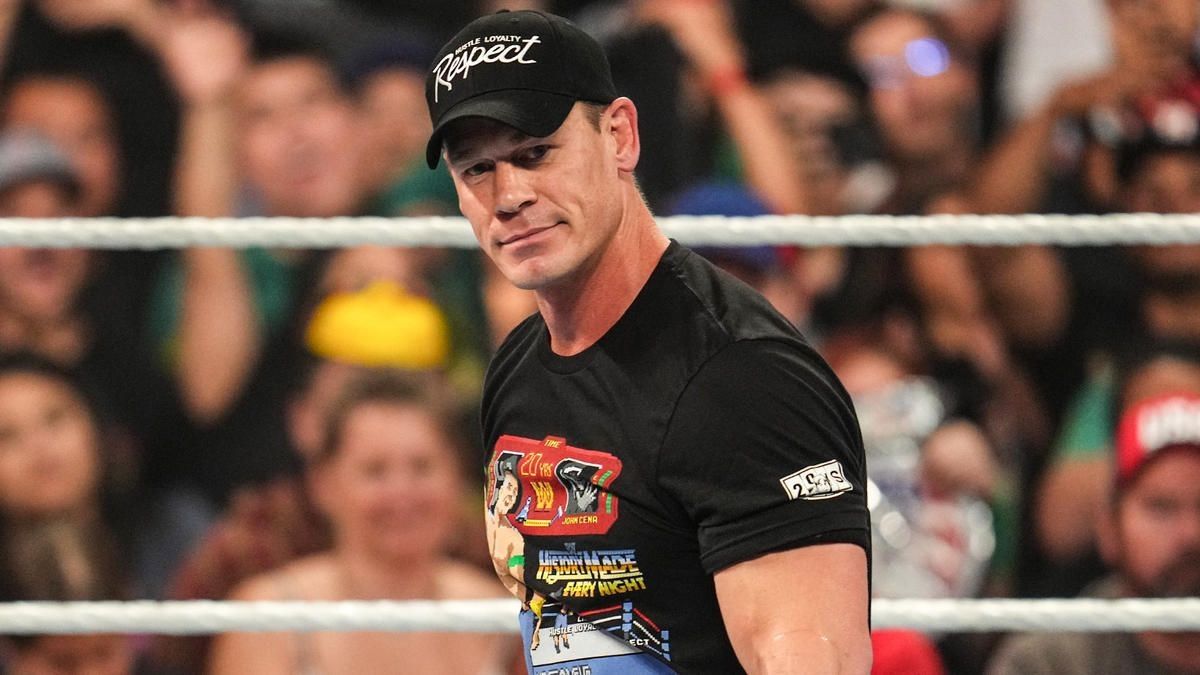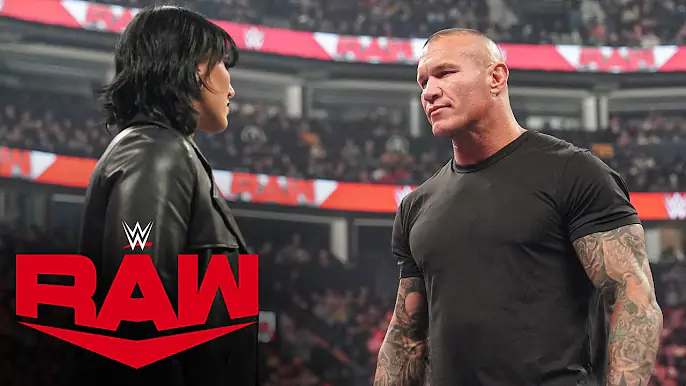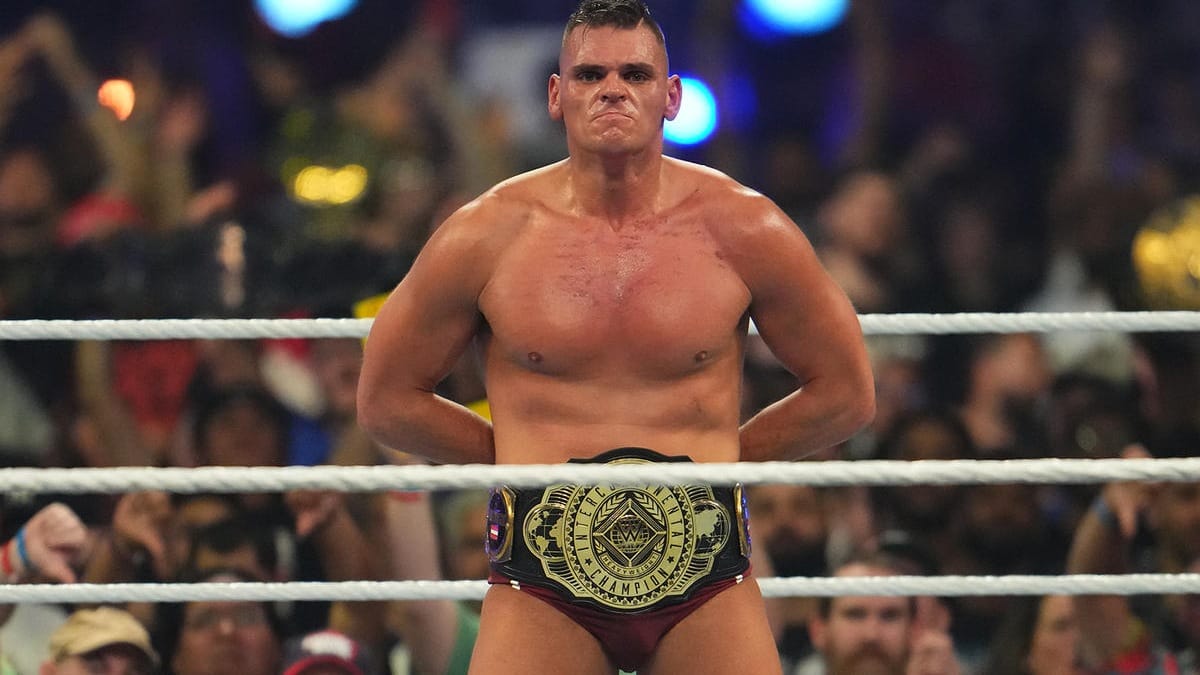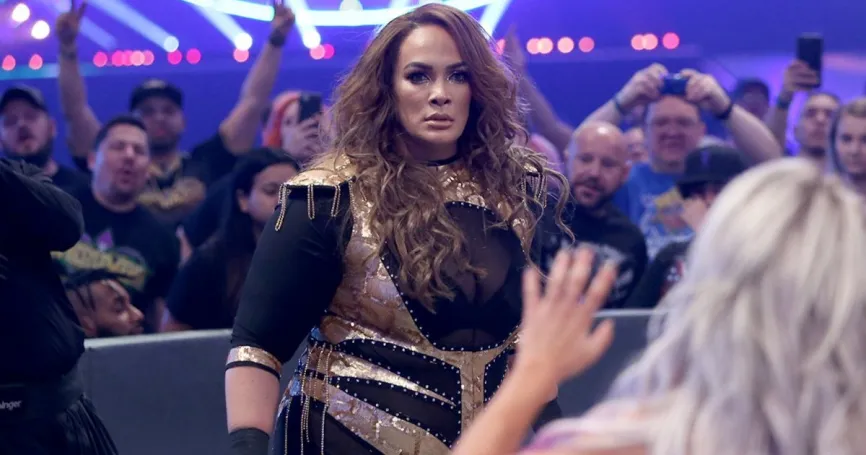How WWE Does Continuity Across All Of Its Shows
On the other hand, continuity of storylines goes hand-in-glove with the evolution of storylines in professional wrestling. If they fail to do so, it would turn off the viewers, and they would no longer remember or care for the ongoing storylines. World Wrestling Entertainment is the biggest professional wrestling promotion in the world, and it has to handle its storylines through several shows. From flagship programs such as Raw, SmackDown, and NXT to a spate of pay-per-views and special events, WWE needs a complex system modulating its consistency and coherence within its storytelling. The following paper will analyze how WWE can keep storyline continuity across all these platforms, along with the challenges involved and how it manages to hold fans in suspense.
The Structure of WWE Programming
WWE programming can be broadly categorized into four main components, each with its own audience flavor:
Raw: The Monday night flagship has typically comprised some of the top talent alongside those on the rise.
SmackDown: Airing on Friday nights, the program is usually placed as a complementary show to Raw, boasting a different roster and storyline.
NXT: What began as a developmental brand has since become a full-scale third leading brand for new prospects and established stars.
Pay-Per-Views/Special Events: These are once-a-month events featuring significant storyline developments and title matches.
205 Live, Main Event, and Others: Supplemental shows that provide extra content and give time to lesser-used talent.
The importance of each one of these shows to the overall WWE storyline cannot be discounted since they make up a tapestry of storylines and character arcs interwoven with one another.
Role of a Creative Team:
At the heart of WWE’s storytelling machine is its creative team—a group of writers and producers whose job is to come up with every story unfolding on air. This team works under the direction of Vince McMahon and other key executives, such as Triple H and Stephanie McMahon, to come up with the same. The roles and tasks of the creative team stretch as far as:
Long-Term Storyline Development: Key characters and feuds are set on multi-month—in some cases, multi-year—arcs.
Scriptwriting: Writing on a week-to-week basis for Monday Night Raw, SmackDown., and NXT.
Coordination: Ensuring that the continuity within the storylines across different shows is consistent, as well as the logic and coherence of characters’ actions and motivations.
Strategies for Maintaining Continuity
The following are how WWE manages the continuity across all of its programs:
Brand Split:
Definition: A brand split segregates the roster into discrete groups, predominantly CURLOPT-aware to RAW and SmackDown, respectively, save for occasional crossovers.
Purpose: Manage the talent distribution as well, each show having its unique storylines and rivalries.
Drafts and Shake-Ups: Periodic drafts and shake-ups in the rosters are done to develop new sets of matchups or storyline possibilities while retaining continuity, and they require careful coordination.
Unified Creative Direction:
Centralized Leadership:нозе McMahon and other key figures oversee the creative direction to ensure a unified vision.
Regular meetings: The creative team holds meetings where storyline developments, upcoming events, and any possible conflicts in the narrative are discussed.
Storyline Recaps and Promo’s:
Video Packages: These are how recap videos and promos refresh viewers about the serial program’s storylines and plot points.
On-Air Talent: Through billboards, announcers and commentators bring everything together, providing insight and backstory during the matches and segments themselves.
Cross-Promotion and Recaps:
On-screen Graphics and Promos: Reiterating key events through on-screen graphics and promotional elements, hinting at future developments.
Social Media and Digital Platforms: WWE paces its digital life through its availability on YouTube, Twitter, and the WWE Network, reposting bonus content and storyline updates so that fans can keep up.
Upkeep of Continuity Challenges
Notwithstanding these strategies, WWE storyline continuity is very difficult to ensure:
Live Nature of the Shows:
Unpredictability: Injuries, crowd reactions, or any incident in real life may send the storyline changing on short notice.
Adjustments: Writers often have to make real-time adjustments to scripts, which can sometimes lead to inconsistencies.
Roster Changes
Injuries and Absences: This could put key talents in traction due to injuries and other personal issues, further calling for creative changes.
Call-Ups and Transfers: The Movement of talent from one brand to another, which could either be Raw, SmackDown, or NXT, involves much planning that will uphold the integrity of the character and any storyline happening.
Creative Overhauls
New Directions: Sometimes storylines have shifted abruptly with changes in leadership or creative vision; plots begun under one showrunner are often simply abandoned rather than resolved.
Fan Reaction: The adverse reaction of the fan to some storylines or characters may be the reason for WWE to change the original plan, thus continuity.
Balancing Long-Term and Short-Term Story
Pacing: It is tough to balance long-arc storylines against the need for immediate, engaging content.
Payoff Timing: It means putting in the work to let those storylines unfold for a big payoff under major events like WrestleMania.
WWE Stories of Success in Continuity
Even amidst all its hardships, WWE had managed to keep the continuity alive in some pretty big storylines:
The Undertaker’s Streak:
Build-Up: For over two decades, The Undertaker’s undefeated streak at WrestleMania had grown as a legend of sorts, stitching through various shows and feuds.
Consistency: The storyline was tight, whereby both of the victories were added to with increased hyperbole leading into the dramatic conclusion at WrestleMania 30.
The Journey of The Shield
Introduction: With The Shield being a very dominant faction and just starting, their storyline was vibrant across many shows. Individual Paths: As the members (Roman Reigns, Seth Rollins, Dean Ambrose) branched out into solo careers, their shared history continued to influence their storylines.
Reunions and Feuds: The group’s reunions, combined with the feuds within, created a series of continuities that made their interaction relevant and multi-layered.
Daniel Bryan’s Road to WrestleMania 30:
Underdog Story: Bryan, wanting to be the WWE champion, lengthened this fight against The Authority, further deepening sympathy for him from the fans.
Development Across Multiple Shows: His story was chronicled from Raw to SmackDown to pay-per-views in a very consistent scenario, all the way through to that crowning WrestleMania moment.
The Role of Technology in Enhancing Continuity
In the current age, technology goes a long way into helping WWE keep the storylines in check:
Digital Archives, WWE Network: This is the vast archive of past events which the writers and producers can refer to to draw on historical storylines for consistency.
Content Access: Fans can revisit past storylines, enhancing their understanding of current narratives.
Social Media Integration: Real-time Updates: Social media affords real-time updates and interaction that allow storylines to take place outside of the boundaries of the television broadcast.
Fan Engagement: Wrestlers and, in turn, the WWE, utilize these social networks to create character storylines, provide hints for future events, and interact directly with their fans.
Augmented Reality and Visual Effects: Advanced Storytelling—Visual effects and AR elements around the broadcast add depth that has never been possible within any storytelling experience before. Continuity in Presentation: By using a similar set of visual themes and effects across different shows, one enables the presenting of material in uniformity.
Conclusion
The way WWE deals with storyline continuity across all of its current shows is just a tiny reflection of its commitment to storytelling and audience engagement. Strategic planning, creative direction, integration of technology, and adaptive responses in the case of real-world challenges all combine to help WWE deliver stories that are not only coherent but also engaging. While not without its hiccups, maintaining WWE’s continuity has been one of the fundamental keys to its success, ensuring that fans remain invested in the characters and stories that play out week after week. As professional wrestling continues to change, retaining story integrity will prove vital as a means of fascinating an audience, much less retaining legacy as the standard bearer for sports entertainment.

